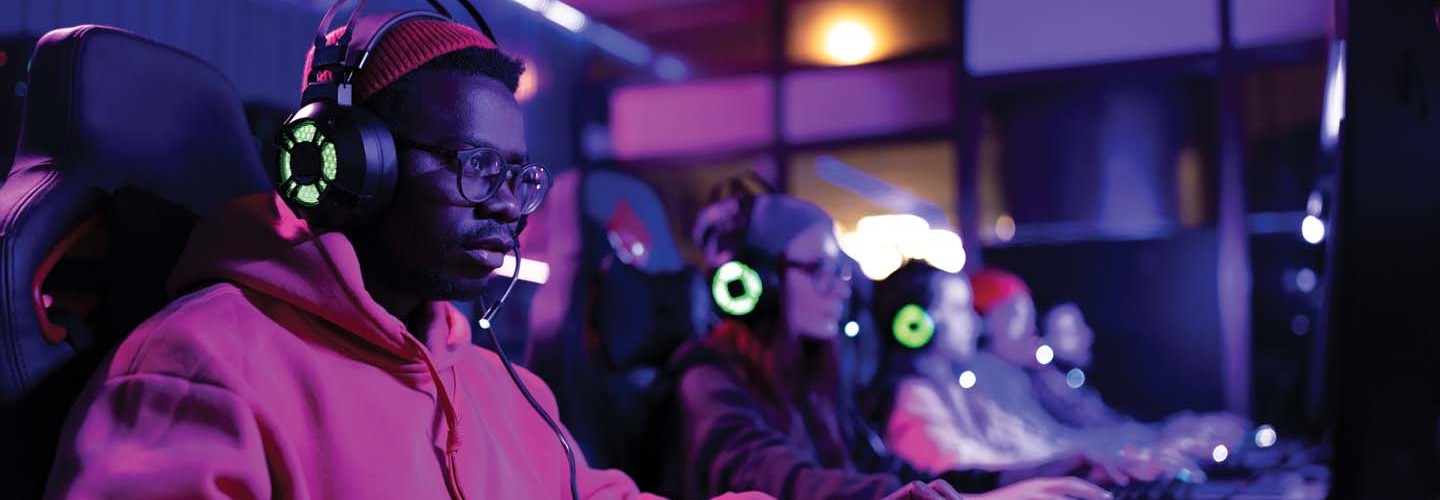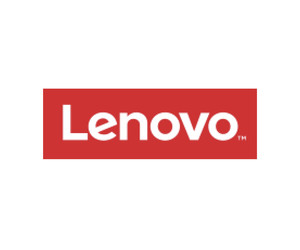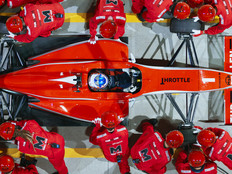Higher education institutions know the benefit of a strong pipeline. Reinforcing established community connections helps colleges and universities grow enrollment via local students and offers those students and others invaluable connections with nearby employers once they complete their college degrees.
Increasingly, esports is becoming part of that pipeline. Career opportunities have grown beyond gaming for those who participate in collegiate esports, with the growing industry now supporting jobs in broadcasting (or shoutcasting, as it’s known in the esports world), marketing, event planning, business operations and more. That reality has even led a number of higher education institutions to create esports-specific curricula.
Ideally, these pipelines also extend in the other direction, reaching into K–12 schools in an effort that can have many benefits. Universities can provide technical and instructional support to K–12 gamers, open their facilities to those who don’t have access at their own schools, and expose K–12 students to the esports opportunities that exist at the university level. A flashy esports arena and a demonstrated commitment to support a hobby that students are interested in can become part of a university’s recruiting pitch. That’s especially important in an era of lower enrollment and as the enrollment cliff approaches. And it’s equally important for K–12 students, who want to make sure that the colleges they attend support the activities they enjoy and can prepare them for careers that they want.
One way to make these pipelines run as smoothly as possible is with consistent hardware. Like other student-athletes, gamers are at their best when they’re comfortable with the tools they’re using, and the same goes for those in supporting roles. This becomes even more important when students begin their careers. Having experience using top-end technology — the kind that their employers are using — gives them a leg up when applying for jobs, whether those jobs are related to esports or not.
That’s one reason that working with partners such as Lenovo that offer esports solutions for K–12, higher education and commercial use can make a lot of sense. By making the latest and greatest in esports available to students throughout their school years, educators are giving their charges the best opportunity achieve their potential down the road.
RELATED: Explore Lenovo’s esports solutions and more to support students at every age.
How Esports Hardware from Lenovo Supports the Esports Pipeline
It’s not easy to stand up an esports program. While many K–12 schools and higher education institutions already have done just that, esports’ footprint is still expected to grow in 2024 and beyond.
Working with a partner who has been in the esports space for years helps institutional leaders avoid potential pitfalls. It also helps schools analyze what they want their program to achieve and what type of esports program they want to establish: community-based, competitive, curriculum-driven or some combination of the three.
As those already operating in the esports realm know, having hardware that supports and enhances school programs can make all the difference. Esports is a game of milliseconds. When gamers are competing lag-free, using desktops and monitors made for esports and using their preferred peripherals, they can enter every competition with confidence. Esports gives nontraditional athletes an opportunity to compete on behalf of their schools or universities, and it can build self-confidence, collaboration and teamwork skills.
Lenovo Legion laptops, desktops, monitors and peripherals are made specifically for gaming, and they can be found in esports arenas around the country. Pairing that hardware with service and expertise from ggCircuit helps K–12 schools and higher education institutions manage their esports arenas in the cloud, consult with a team of highly experienced esports veterans and manage servers that power esports facilities.
Combining the expertise of a partner such as Lenovo with educational leaders for students of all ages reinforces the pipeline guiding the next generation of esports gamers, producers, broadcasters and more.
Brought to you by:










